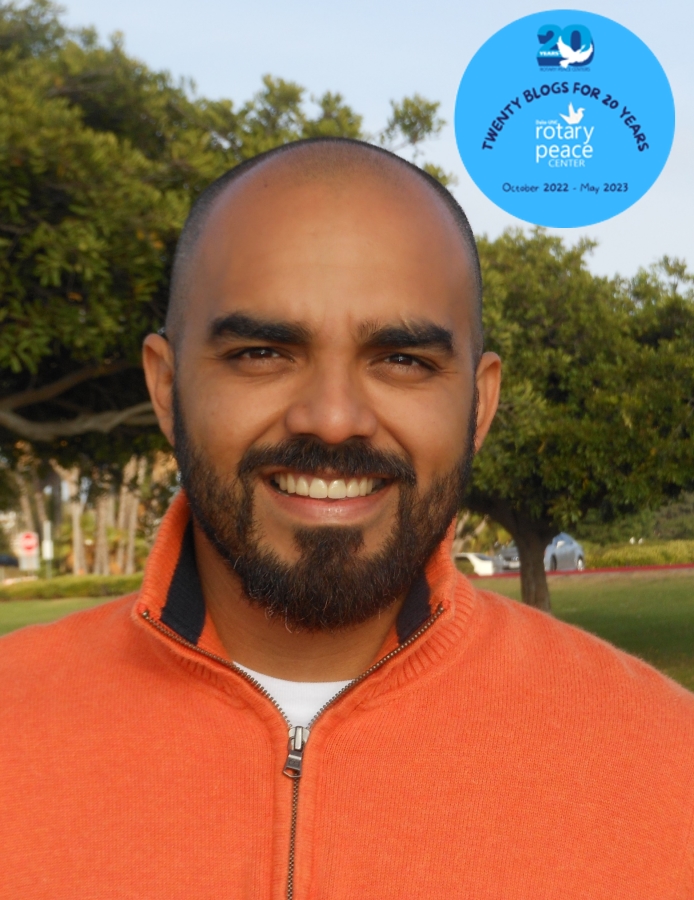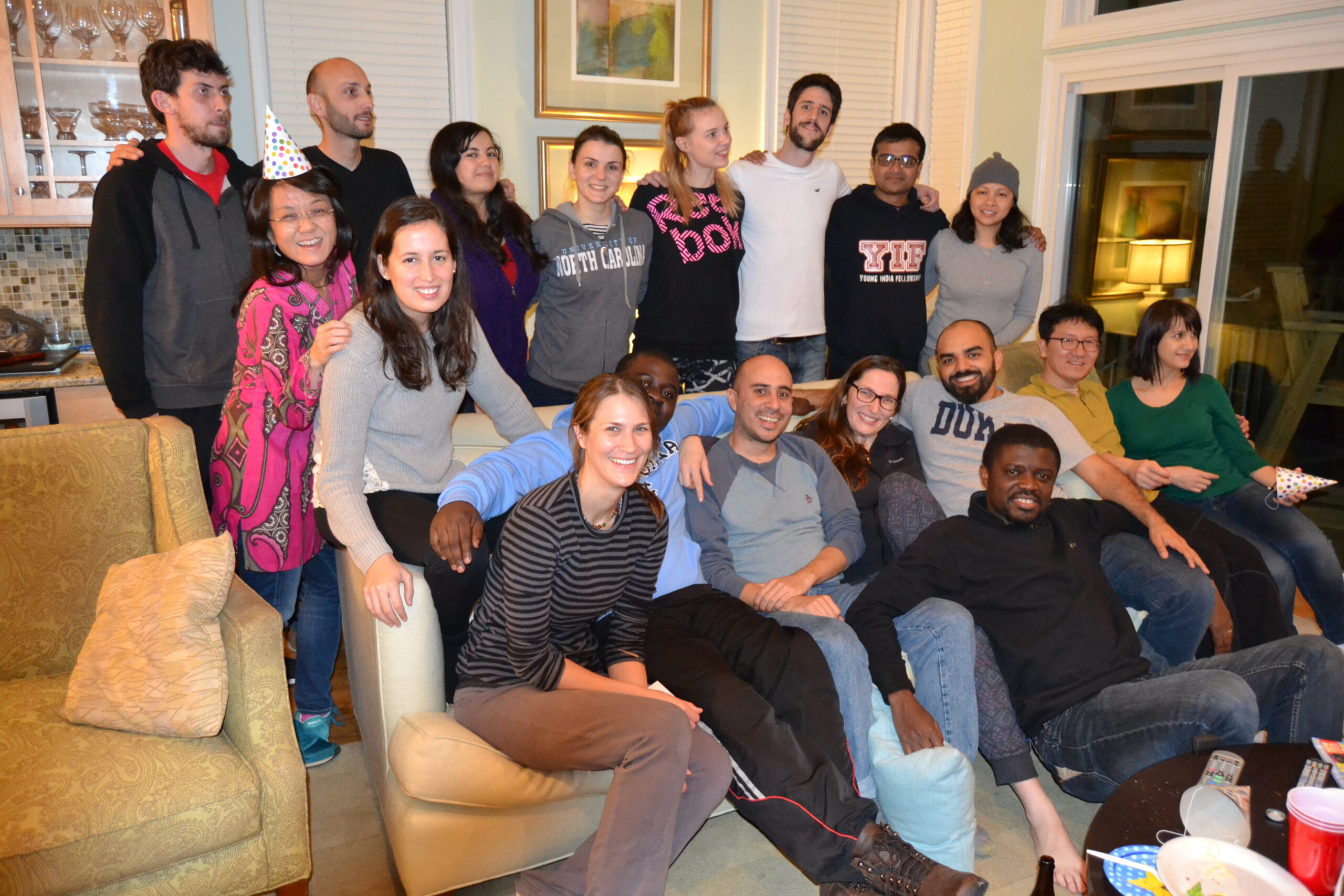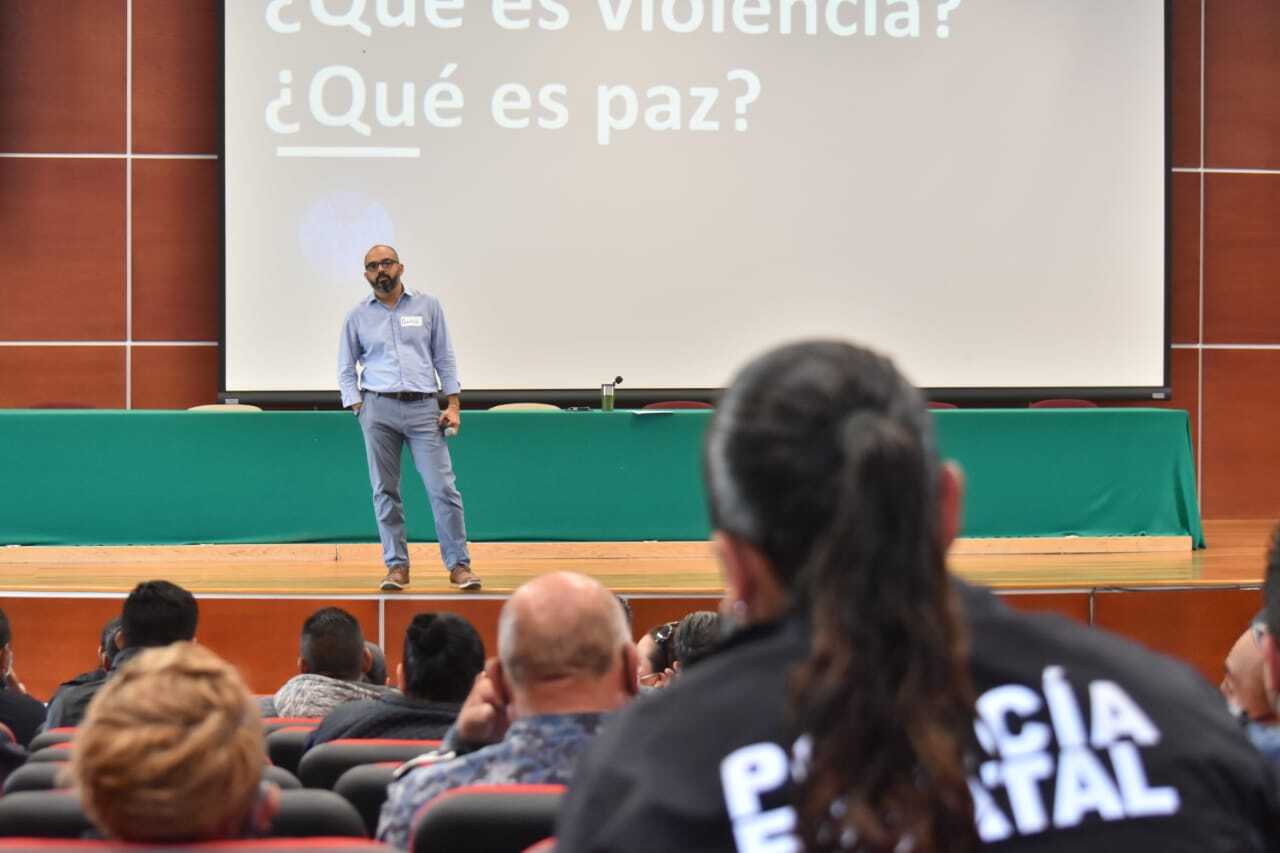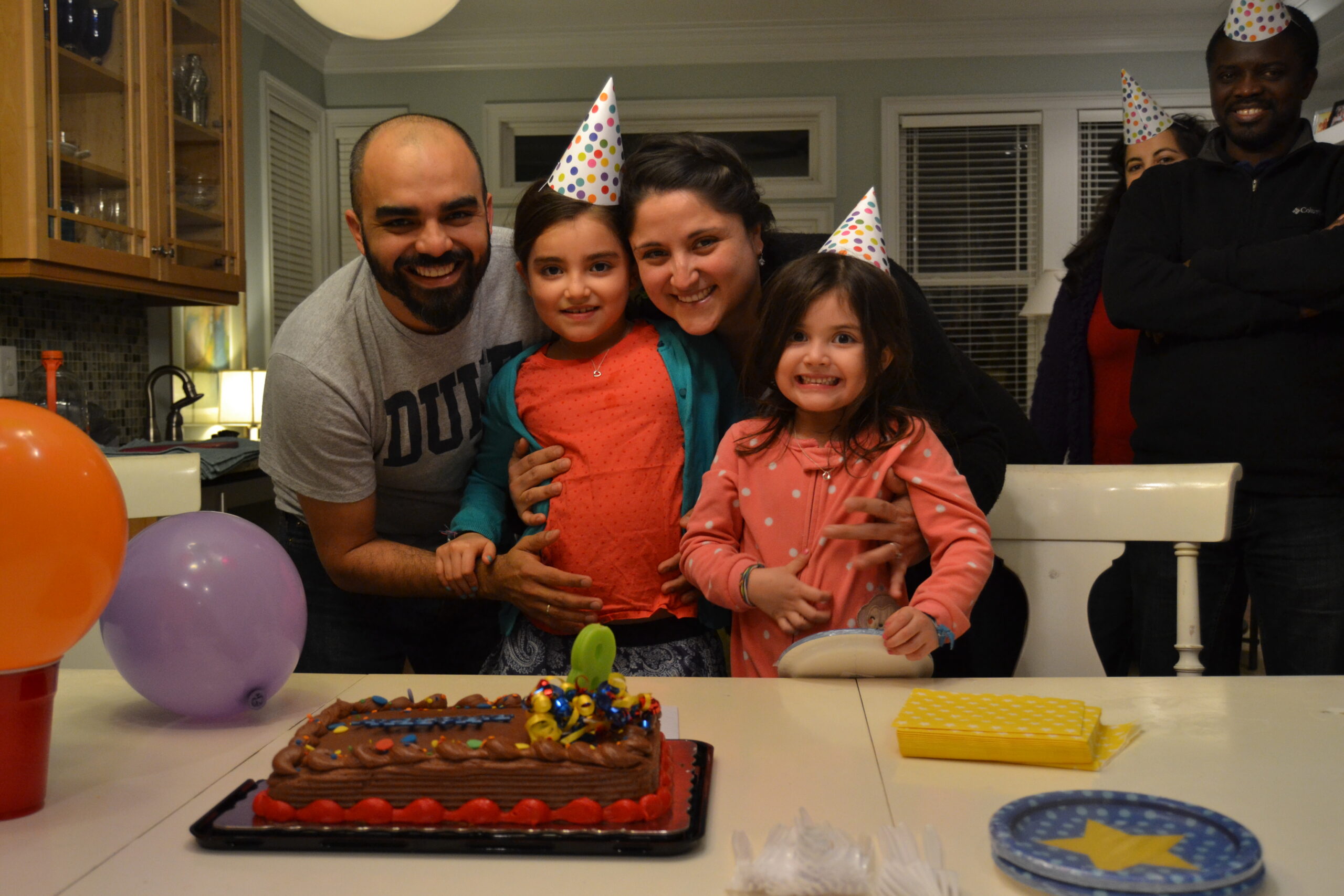Carlos Juárez, Class 13 (2014-2016)
Twenty Blogs for 20 Years
Carlos Juárez (MIDP ’16) grew up in the city of Acapulco in Guerrero, Mexico – a major seaport and popular tourist destination that has been severely afflicted by drug cartel violence in the last two decades. In 2011, Carlos – alongside his wife and some of his friends – founded Citizenship and Education for Peace, a local NGO that responded to the violence by organizing demonstrations, public meetings, and human rights trainings. As a Rotary Peace Fellow in the MIDP program at Duke University, Carlos had the opportunity to connect his local network with a global perspective on conflict and development. During his fellowship, Carlos interned with the Institute of Economics and Peace, where he now works as the Mexico Director.
 When criminal violence strikes, it brings fear, suffering, and hopelessness. It breaks communities and paralyzes their members. It is especially hard when you have to get your children down on the floor or stop buckling them up for fear of a shooting.
When criminal violence strikes, it brings fear, suffering, and hopelessness. It breaks communities and paralyzes their members. It is especially hard when you have to get your children down on the floor or stop buckling them up for fear of a shooting.
Somehow, when this type of violence hit our hometown, Acapulco[1], in 2011, my wife, some friends, and I overcame our fear and decided to start a local movement to organize demonstrations, public meetings, and human rights training in response to the violence. At that time, I recall my mother-in-law telling us, “You shouldn’t both go. These little girls should have at least one parent alive…”.
After a period of intense activism, I realized that building peace required not only passion and action but also knowledge: heart, hands, and head. Once I quit my job at the bank, I learned that working for peace required studying it and approaching it from a professional perspective, which also implied ethics and realism.
A series of coincidences led me to apply for the Rotary Peace Fellowship, and I was fortunate enough to receive it. It didn’t take me long to discover that this was a unique program and that I was privileged to be a part of it. While most scholarships have an age limit, at 35 years old I was able to live in North Carolina with my family of four. But what impressed me the most was the warmth and kindness of the human beings involved in the program. My family and I really felt embraced by the local Rotarians (thank you Karen and Phill Morris) and the amazing team of the Duke-UNC Rotary Peace Center (thank you, Susan, Amy, and everyone else).
As for the academic program, it was just as fascinating as it was challenging. Studying policy at Duke University expanded my intellectual and professional horizons significantly. The diversity of the students and the quality of my professors led to stimulating discussions in every class, which provided me with a global perspective of conflict and development that I could not have gotten any other way.
It was the MIDP program that introduced me to the Institute for Economics and Peace, a global institution for which I now work as the Mexico director. Who would have thought that advocating for peace in my hometown would lead me, years later, to promote peace for my country?
Thanks to the Rotary Peace Fellowship, I can now work full-time on my passion and life purpose. For the past five years, I’ve had the privilege of introducing Positive Peace to national and international media, public servants, religious leaders, youth, Rotarians, students, business representatives, police officers, and military personnel. I have also had the opportunity to work in Latin America and be part of a regional network of talented professionals. Although I know peacebuilding is a long-term, complex process, I humbly feel that my efforts are on the right path.
The purpose of this text is to bear witness to the profound impact that the Rotary Peace Fellowship has had on my life. The fellowship has equipped me with the knowledge and skills needed to help others build peace in their communities and spaces, hoping to fulfill the commitment that the generosity of Rotarians has sown in me.
Lastly, I want to acknowledge my cohort, the other Rotary Peace Fellows in Class 13 at Duke-UNC: Beccah, Vanessa, Elohim, Cristina, Jean Lambert, Romi, Jae, Osborn, and Mariana. This is a group of people of the highest human quality, who I now consider family. I see our opportunity to meet as a gift from life and from Rotary.
For all of this, my family and I will always be deeply grateful to Rotary and every Rotarian in the world.
[1] https://www.washingtonpost.com/graphics/2017/world/how-acapulco-became-mexicos-murder-capital/
https://www.nzherald.co.nz/world/paradise-lost-the-fall-of-acapulco/V6Q2O45HTELLTMGYABW2ZQJKVY/


